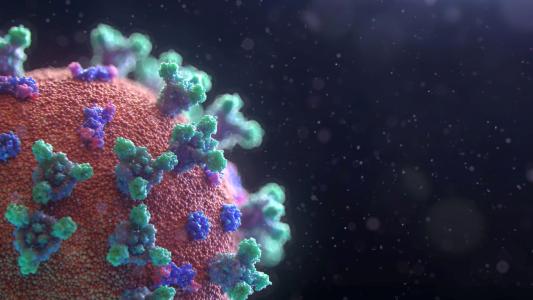Public Health
Yale study finds low levels of a hormone may predict long COVID
Yale and Icahn School of Medicine researchers may have found biomarkers for identifying long COVID.
Only human Lyme vaccine in development enters phase 3 trial
Pfizer and French biotech Valneva have announced a phase 3 clinical trial testing the human Lyme vaccine.
Why don't surgeons train like fighter pilots? Now some do.
Using AI and analysis, Theator is helping surgeons improve how pilots and pro athletes do: by going to the tape.
How child mortality fell from 40% to 3.7% in 200 years
The collapse in child mortality rates is a testament to the tremendous benefits of scientific, technological, and economic progress.
Nasal COVID-19 vaccines prepare for infection right where it starts – in your nose and throat
Intranasal vaccines are best suited to protect against pathogens that enter through the nose, like the flu or the coronavirus.
A historian identifies the worst year in human history
The year 536 ushered in the coldest decade in thousands of years and started a century of economic devastation.
Nanoparticles may automatically clean your teeth one day
Shapeshifting nanoparticles may one day lead to automated oral care.
Universal flu vaccine enters phase 1 trials
NIAID researchers have begun a phase 1 trial of a new universal vaccine candidate that was promising in animal challenge studies.
He lost his baby daughter. Then he turned his grief into a tool for NICU parents.
After losing his daughter, a father found a way to help other NICU parents.
“Passive cooling” could reduce indoor temps by up to 25 F in a heat wave
University of Oregon researchers have discovered that simple acts like drawing shades during peak sun and opening windows at night may help save lives during heatwaves.









